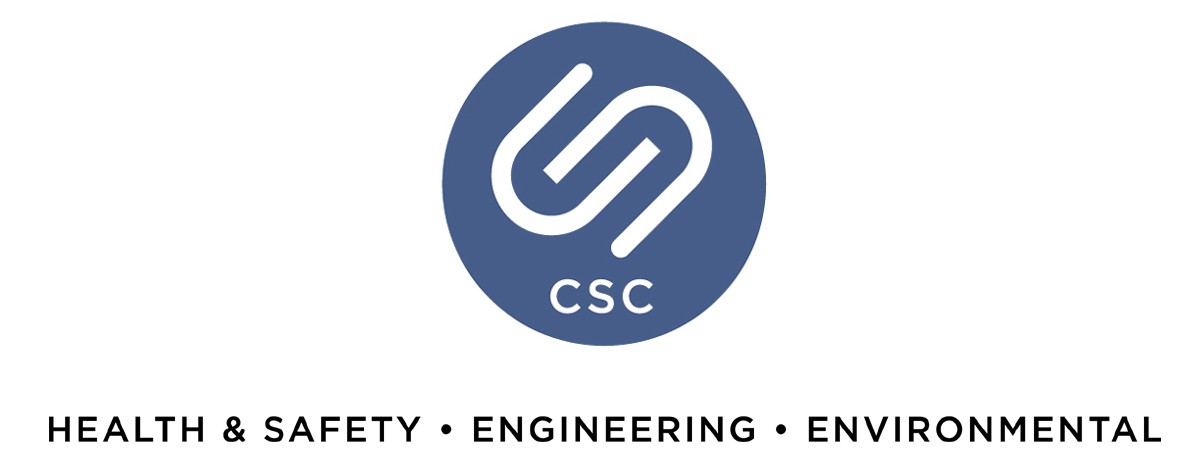
Chatsworth, CA – WEBWIRE – Monday, April 3, 2017
Not only can air ducts be a source of IAQ problems, but also, they can act as both active and passive distribution systems spreading unwanted particles and gasses from impacted parts of the structure into unaffected areas.
Air ducts are a critical component of a building’s HVAC system. They deliver ventilation and a path for warm or cool air to provide a pleasant indoor environment for building occupants in homes, schools and commercial buildings.
If air ducts become dirty and contaminated, they not only won’t operate efficiently and could be causing indoor air quality (IAQ) concerns. This increases energy costs and could very likely lead to respiratory issues for people living or working in the building.
To help prevent air ducts contamination, the U.S. Environmental Protection Agency (EPA) provides a number of tips. They include the following:
Change filters regularly.
Use the highest efficiency air filter recommended by the manufacturer of the heating and cooling system.
Be sure there are no missing filters and that air cannot bypass filters through gaps around the filter holder.
When having the heating and cooling system maintained or checked for other reasons, be sure to ask the service provider to clean cooling coils and drain pans.
During construction or renovation work that produces dust indoors, seal off supply and return registers, and do not operate the heating and cooling system until after cleaning up the dust.
To prevent ducts from becoming wet and supporting microbial growth, the EPA recommends:
Promptly and properly repair any leaks or water damage.
Pay particular attention to cooling coils, which are designed to remove water from the air and can be a major source of moisture contamination of the system that can lead to mold growth. Also make sure the condensate pan drains properly.
Make sure ducts are properly sealed and insulated in all non-air-conditioned spaces.
If replacing an air conditioning system, be sure that the unit is the proper size and that all ducts are sealed at the joints.
“Not only can air ducts be a source of IAQ problems, but also, they can act as both active and passive distribution systems spreading unwanted particles and gasses from impacted parts of the structure into unaffected areas,” said Derrick A. Denis, V.P. of Indoor Environmental Quality (IEQ) at Clark Seif Clark (CSC). “At CSC, we are regularly called upon to help assess, test and resolve contaminated air ducts and other ventilation issues impacting building indoor air quality.”
CSC also recently sponsored a video with tips to prevent air duct contamination that can be seen at: https://youtu.be/w9om_GZXJL0
To learn more about this or other indoor air quality, industrial hygiene, environmental, health and safety testing services, please visit www.csceng.com, email csc@csceng.com or call (800) 807-1118.
About Clark Seif Clark
CSC was established in 1989 to help clients in both public and private sectors address indoor air quality, occupational, environmental, and health and safety (EH&S) issues. CSC is a leading provider of these services with multiple offices along the western seaboard and southwest. The company believes in science-based protocols and has a strong background in engineering, making them the preferred environmental consultants to industrial clients, healthcare facilities, architects, schools, builders, contractors, developers and real estate professionals.